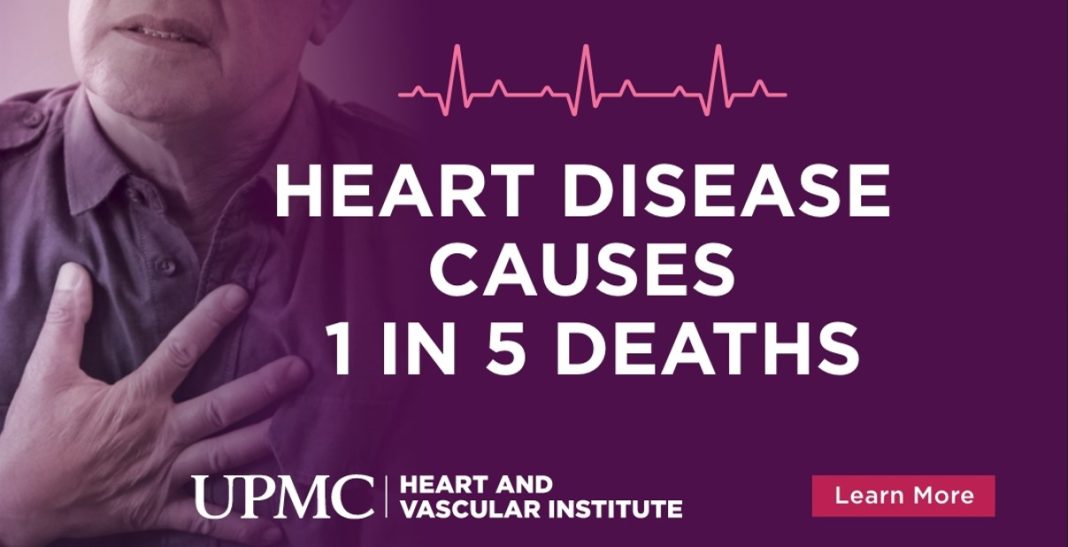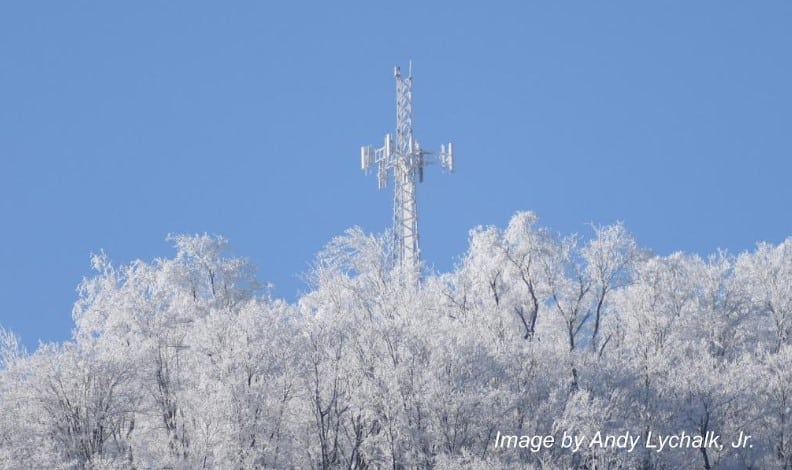UPMC Experts: Protecting Your Heart During Cancer Treatment

Cancer treatment has advanced significantly, helping more people live longer, healthier lives. However, some of these lifesaving therapies—such as chemotherapy, immunotherapy, targeted treatments, and radiation—can have unintended effects on the heart. This is known as cardiotoxicity, and it can lead to serious heart conditions both during and years after treatment.
To help protect heart health during cancer care, cardiologists and oncologists work together as a team to prevent, diagnose, and treat heart issues in cancer patients.
How Cancer Treatment Affects the Heart
While certain cancer therapies are crucial for treating the disease, the heart and blood vessels may be affected. The following conditions may be caused:
- Congestive heart failure – When the heart struggles to pump blood effectively
- Myocarditis – Inflammation of the heart muscle
- Arrhythmias – Irregular heartbeats that can cause dizziness or fainting
- Premature coronary artery disease – Narrowing of the heart’s blood vessels at an earlier age than expected
- Pericardial disease and effusions – Inflammation or fluid buildup around the heart

Radiation therapy, especially when directed at the chest area (such as for breast or lung cancer), can also contribute to heart disease over time. That’s why early and ongoing heart care is crucial for cancer patients.
Understanding Cardio-Oncology Care
Cardio-Oncology is a growing field of medicine that focuses on protecting the heart before, during, and after cancer treatment. Specialists monitor for heart-related side effects, assess individual risk factors, and adjust treatment plans as needed to reduce long-term cardiovascular complications. Care often involves:
- Risk assessment – Evaluating a patient’s heart health before cancer treatment begins, considering factors like preexisting conditions and family history.
- Ongoing monitoring – Using imaging tests like echocardiograms (ECHO) to track heart function over time.
- Collaborative decision making – Cancer and heart doctors work together to design treatment plans that lower the risk of heart disease and modify treatment if signs of heart damage appear.
If you or a loved one is undergoing cancer treatment and have concerns about heart health, talk to your doctor about whether cardio-oncology care may be beneficial. Eugene Muchnik, M.D., sees patients at UPMC Hillman Cancer Center, Williamsport. Donald Nardone, M.D., sees patients at UPMC Heart and Vascular Institute locations in Williamsport and Lewisburg. To learn more about UPMC Cardio-Oncology services, go to UPMC.com/Services/Heart-Vascular/Services/Cardio-Oncology





